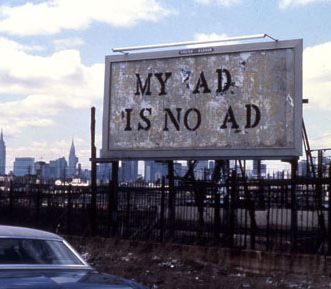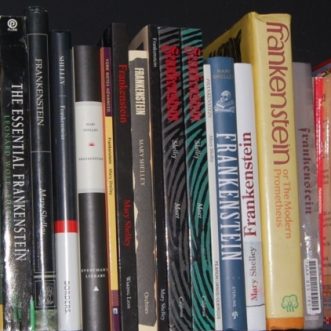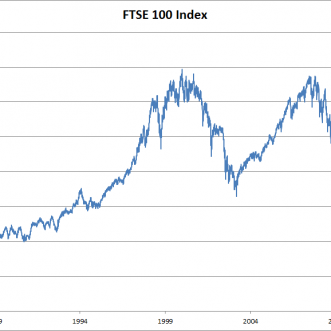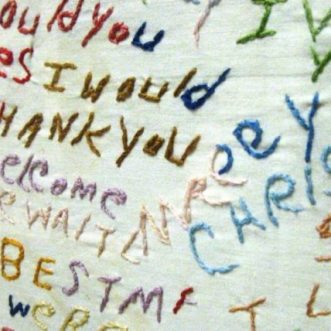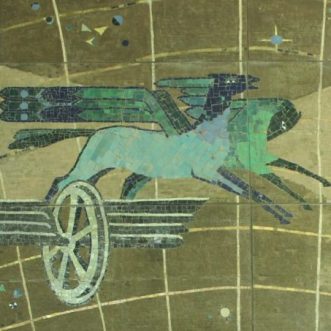
Learning together – online
Following on again from yesterday’s post, if you know your business is going to be quiet for the next few weeks or months, here are some courses I recommend (I’ve done most of them, some of them more than once).
They could be for you or for your team.
A whole bunch from Akimbo Workshops (Seth Godin and friends)
The Bootstrappers Workshop, ideal if you are still getting your business idea off the ground (which in my case was 5 years after I’d started!)
The Marketing Seminar, will make you think really hard about who you are for, and what you really do for them. Highly recommended.
The Podcasting Workshop, a brilliant thing for graduates to do instead of an internship, and for experts too. (I haven’t done this one, you can probably tell!)
The Freelancers Workshop, Seth calls himself a freelancer, so you’re in good company.
The Story Skills Workshop, with Bernadette Jiwa, a master of daily storytelling.
And if you’re really looking to use this downtime to hit the ground running later, there’s the AltMBA, as it suggests a leadership and management workshop, that is more intense that the others.
You’ll never be the same after any of these workshops. And the brilliant thing about them is that you aren’t doing them alone. The format requires you to interact with your fellow students, to help each other, constructively critique each other and encourage each other. By doing so, you learn far more yourself. And they are not expensive.
If you prefer to work on your own, many of these are also available on Udemy.
Last but by no means least, here’s something a little more local, but equally good: Seeds to Success from Anwen Cooper, of Get Fruitful Marketing starting April. I’ve been working with Anwen for about a year now, and the difference she has helped me to make is enormous.



